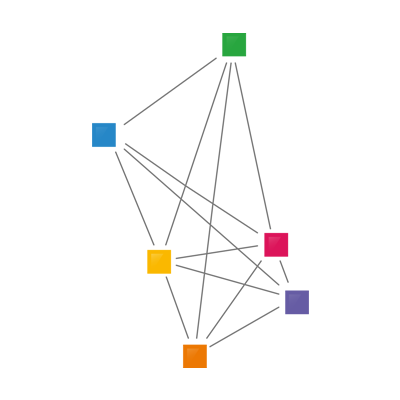AI world around us
5 Apr 2019 12:15h - 13:00h
Event report
[Read more session reports and live updates from the 2nd Western Balkan Digital Summit]
Ms Milica Djurić Jovičić (Acting Director at Science Fund of the Republic of Serbia) started the session by explaining that the discussions will revolve around issues related to the challenges and opportunities associated with artificial intelligence (AI).
Mr Filip Panjević (CTO, ydrive.ai) noted that, while there is a lot of hype and excitement around AI, one of the challenges lies in insufficient education. More attention has to be paid to creating a framework that allows young people (and others) to learn more about what AI actually is. Panjevic founded a machine learning summer school five years ago as a space for young people to interact with cutting-edge technology. It turned out that the school led to a change of carrier for 91 percent of the participants.
Mr Nikola Mrkšić (Co-Founder and CEO, PolyAI) spoke about the need to build a framework for more dialogue around AI. He also noted that, as the technology is rapidly evolving, there is now an increased focus on developing more complex AI systems and products in areas such as customer support.
Mr Predrag Tadić (Associate Professor of Signals and Systems Department, School of Electrical Engineering, University of Belgrade) spoke about the sociological impact of AI. The social consequences of AI developments have to be more seriously considered and we have to ask ourselves: What happens after AI succeeds? AI brings many opportunities. For example, several companies in Serbia are struggling to find a workforce; being able to use machines to perform the tasks would be useful. But we also have to think about what happens in 10 years’ time, for example, when there might be fewer jobs for people because they are taken by machines.
Moderator Djurić Jovičić continued the session by asking panellists to share their views on what it takes to be an expert in AI or machine learning (ML). Panjević noted that expertise is measured in the products you develop and how many of them actually work. Tadić said that, for companies, their expertise is also measured in their presence at large conferences or their presence at international hubs that focus on AI/ML issues. In academia, expertise is measured in the number and quality of papers/research published. When it comes to education, he argued that it has never been easier than today to become an expert in these technologies. A motivated student can start by learning via the Internet, software is either free or very cheap, data sets are available, and research papers are accessible. The only problem could be time, because there is so much material available to process. What universities could do is to provide students with basic knowledge and encourage them to continue to build on that; because the technology evolves very fast, the knowledge acquired in university is not enough. Mrksic noted that major AI companies have started to support the academic dimension of AI, by investing resources in, for example, master and PhD programmes focused on AI research.
Replying to a question on how we control AI machines and ensure they do not have unintended consequences, Mrkšić explained that it all comes down to the data we feed the algorithms. Machines ‘learn’ from humans and algorithms are trained with data that, for example, reflect human behaviour. If humans do or say ‘bad things’ and that data is fed to a machine, the machine would also do ‘bad things’. Machines are not and cannot be moral themselves. Mrkšić also explained that it is difficult to create a machine that can have a conversation just like a human does; the technology is not there yet.
Panjević asked why economies in the region are not doing better in developing and supporting the development of AI and other cutting-edge technologies. Eastern Europe seems to be doing very well when it comes to the number and expertise of people with a technical and mathematical background, which is the basis for being able to succeed in AI. But what is missing? We need to understand where the problem is and how we can fix it. Tadic noted that one of the problems could also be the brain drain phenomenon: many young people in the region are eager to leave and search for better opportunities somewhere else. A solution is also needed to this challenge.
At the end of the session, Djurić Jovičić called for more co-operation between experts, industry, start-ups, the academia, venture capitalists, and other stakeholders to support the evolution of science and technology as tools for a better future.
By Sorina Teleanu
Related event

